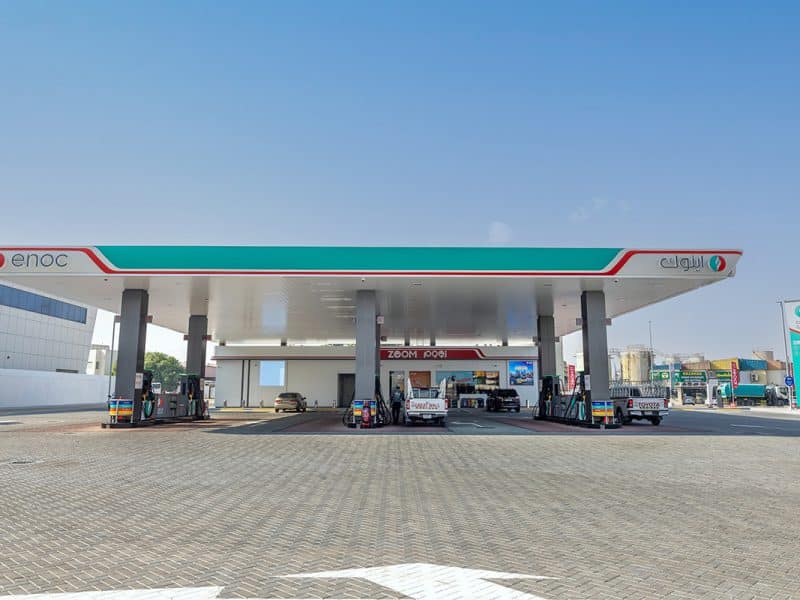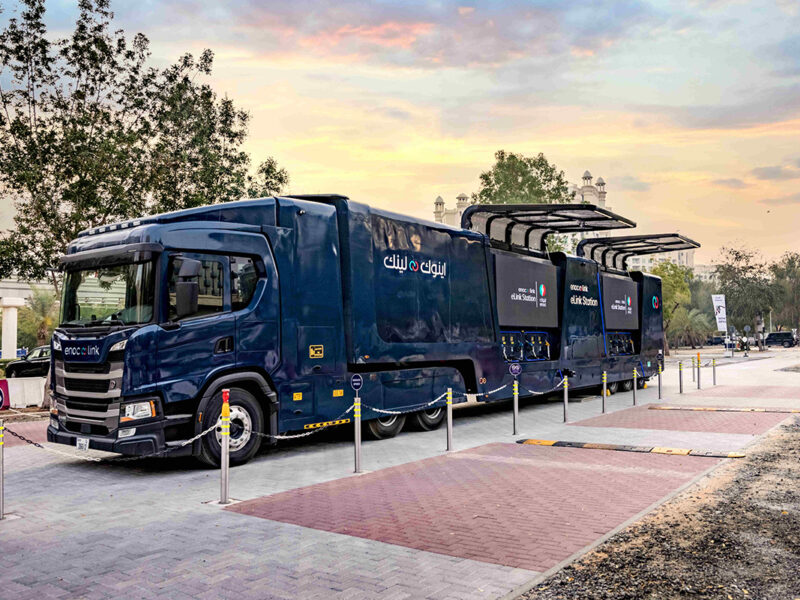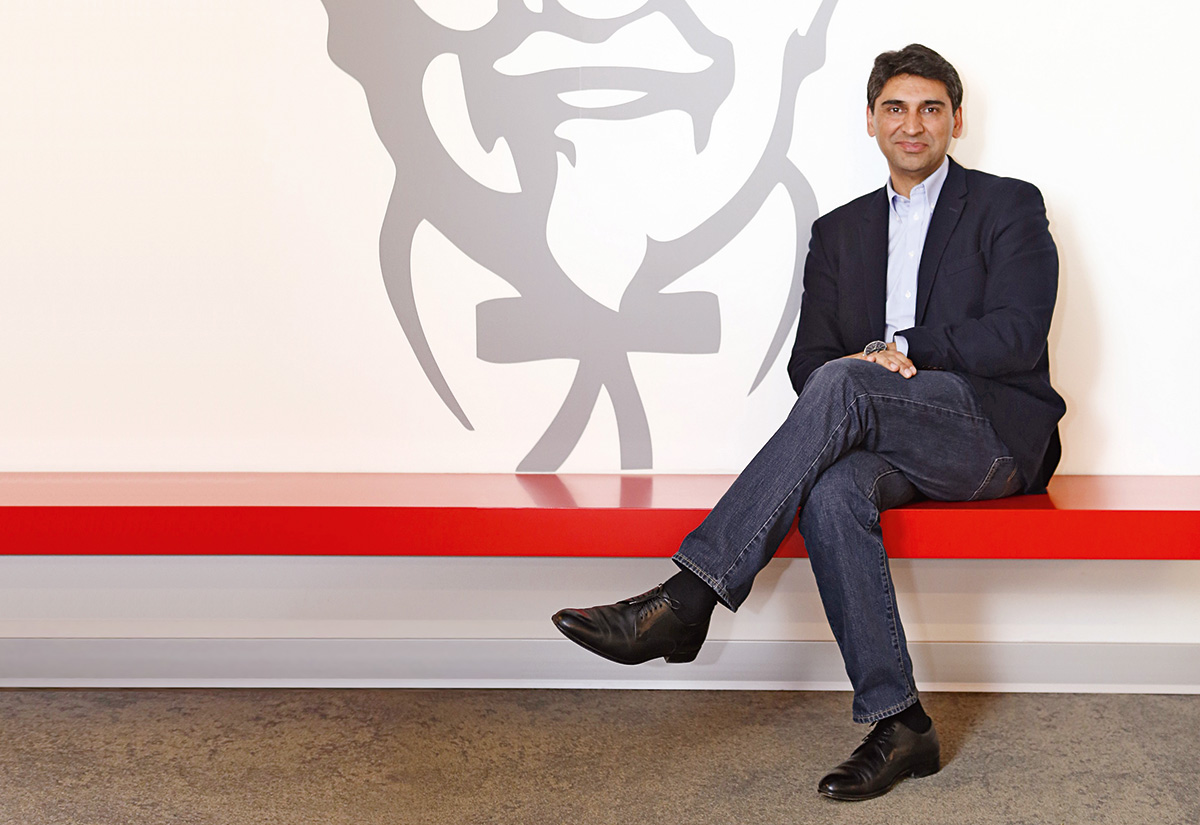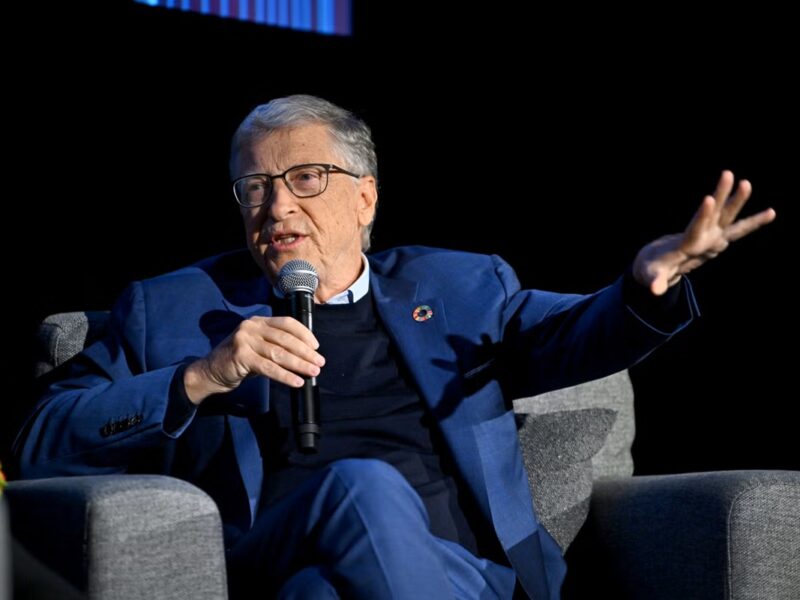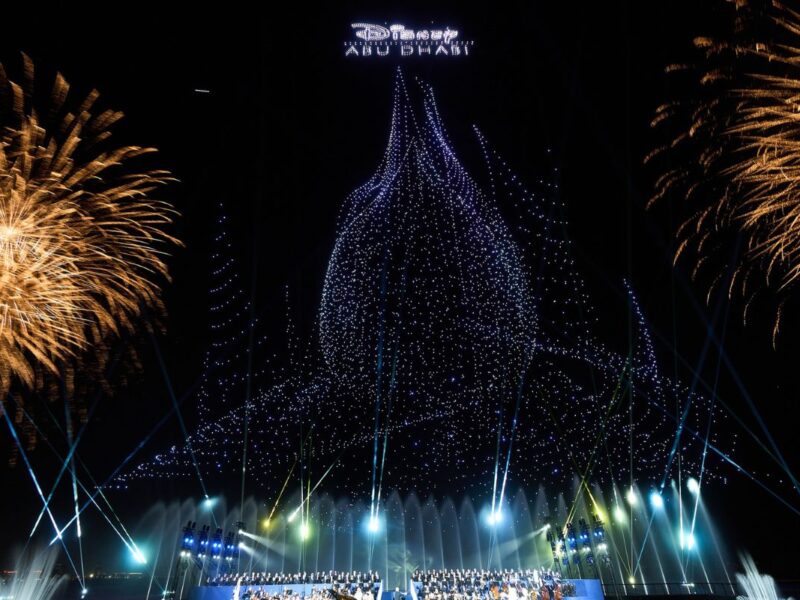It’s never a great idea to schedule an interview around lunch time. Even less-so when the interview is with the regional managing director of Kentucky Fried Chicken (KFC).
Still, Sabir Sami, KFC’s managing director for MENA, Pakistan, Turkey and Asia, is the perfect host and offers to order in a bucket of that world famous Colonel Harland Sanders’ chicken on my arrival. Despite the audible strains of my stomach rumbling, I politely decline, citing a stringent diet I am currently following which would certainly not agree with a fast food meal of fried chicken.
Far from being offended, however, Sami agrees that KFC isn’t for everyone. And, instead of pitching the company as all things for all people, he concedes that it’s a meal that should be enjoyed in moderation.
Like everything else in life, I think moderation is the key. An excess of anything in life will probably lead to some sort of trouble and your nutrition is a key part of that moderation in everything that you do
A study carried out by researchers at the University of Liverpool looked at the calorie content of 13,500 meals from six fast food chains in the United Kingdom, and revealed that customers at McDonald’s, Wimpy and Burger King were consuming an average of 751 calories.
KFC, where the average meal contained 987 calories, was the worst offender among fast food chains.
Sami tells Arabian Business: “Like everything else in life, I think moderation is the key. An excess of anything in life will probably lead to some sort of trouble and your nutrition is a key part of that moderation in everything that you do.
 Yum! Brands, the operator of KFC franchise, has over 48,000 restaurants in more than 145 countries
Yum! Brands, the operator of KFC franchise, has over 48,000 restaurants in more than 145 countries
“I think if you enjoy KFC occasionally, or maybe once, twice, thrice a month, there’s nothing wrong with that. We encourage consumers to be healthy and to be active and to enjoy a balanced diet, so within that context it’s fine.”
Diabetes debate
The International Diabetes Federation (IDF) has reported that six members of the Gulf Cooperation Council (GCC) have one of the highest prevalence of diabetes and obesity in the world, given the sedentary lifestyles and increased consumption of foods that are high in calories and sugar.
Among the most offending items on the KFC menu is the Mighty Zinger, with 1,028kcal, 54g of fat and 8g salt; the Mattaffee (743kcal, 38.4g fat, 4.9g salt), and the Rizo Arabiatta (550kcal, 6.2g fat, 10.6g salt). While in the desserts, the Krushers, Chocolate Krumble weighs in at 651kcal, 13.4g fat and 1.2g salt.

However, Sami says there are plenty of healthy alternatives. “If you come to KFC and you want to be healthier in terms of your choices, you have [options]. If you don’t want French fries, you can have corn, you can switch. If you don’t want to have soda but prefer to take a juice, we have those options; if you want water, we have that option,” Sami says.
“You can switch if you wish to and we have catered to that switch and supported it. We give choice and we believe that consumers should make informed choices that are best for them and their families, and within that we want to make sure we have all options available.”
Sami also reveals that the company does not deviate from its ‘unwritten policy’, which is not to market their products to children.
“We feel that parents should make the informed decision on what their child should eat and how much they should eat. You will not see, if you go to stores here, children’s toys or any marketing tool directed towards children.
 KFC is taking steps to meet the company’s 2025 global plastic packaging goal
KFC is taking steps to meet the company’s 2025 global plastic packaging goal
“That’s part of being a responsible corporate citizen. It’s not business at any cost. It is responsible business growth and it’s the right thing to do.”
Growth in store
As of 2018, there were 22,621 KFC stores throughout the world. The famous brand opened its first store in the region in Kuwait in 1974, while there are currently 774 outlets operating in the Middle East and North Africa (MENA) area – 558 stores in the GCC, 220 in Saudi Arabia, 151 in the UAE, 66 in Kuwait, Oman (36), Bahrain (24) and Egypt (156).
And Sami says there is huge potential to grow the business further in the region, with plans to open another 70 new outlets this year across the GCC and Levant.
“We know this year that we’re growing at 8 percent, like for like, which is same store sales growth. I think the industry average in the region right now is one to 2 percent… So we are growing quite well compared to the industry average and we are quite proud of that and that, to us, tells us that we are gaining market share,” he says.
We see the Gulf and the Middle East as a very exciting region. It has one of the highest population growth rates and it has a very young population which makes it a great growth opportunity for the brand
KFC is operated by Yum! Brands, Inc, which also operates Pizza Hut and Taco Bell, among others.
According to Mena Research Partners estimates, the food and beverage market in the GCC will grow around 7.1 percent annually, reaching $196bn (AED719.3bn) in 2021. Across the GCC countries, Saudi Arabia will account for over half of this spending followed by the UAE at 31 percent.
And Sami is looking to capitalise on that growth. “We see the Gulf and the Middle East as a very exciting region. It has one of the highest population growth rates and it has a very young population which makes it a great growth opportunity for the brand.
“Together with our partners, Americana, the franchise partner for the region, we’re looking at great growth opportunities in markets like Saudi Arabia, Egypt, in Kuwait and Qatar as well, and the UAE.
 KFC is preparing to launch an order tracking app so customers can trace their delivery from the store to the door
KFC is preparing to launch an order tracking app so customers can trace their delivery from the store to the door
“We’re probably forecasting to grow between 40 to 70 stores a year across the GCC,” he says.
UAE slowdown
However, Sami admits that the UAE has been one of the ‘challenge’ markets this year.
“We’re seeing a general slowdown. I think if you look at the traffic in terms of visitors and tourists, if you look at the mall traffic, and you talk to mall operators as well, they will tell you that footfalls are softer this year. The UAE is growing but not the growth we have experienced in the past few years. But at least we feel we have our head above water and we’re growing.”
That growth is being helped by continuous advances in technology, with back-of-house focussing on sustainability by using high efficiency fryers that use minimal energy consumption and exhaust hoods that recirculate the air and make sure the energy isn’t wasted.

There is a commitment that all fibre-based packaging by the end of 2020 will be recyclable and from responsible sources; and by 2025 all consumer-facing plastic packaging will either be reusable or from recoverables. Front-of-house is devoted to constantly improving the customer experience. This includes the launch of an order tracking app so customers can trace their delivery from the store to the door.
Sami says that franchise partners, Americana Group, are currently investing in the geo-tracking system, which will be similar to ordering an Uber taxi where customers can track where their driver is, how far away they are and how quickly their product will be delivered and will be incorporated into the KFC app.
Sami explains it is currently in the pilot stage and they are working with different vendors. “To get it all integrated is easier said than done. It’s one thing to track your drivers but then you’ve got to integrate it to your stores and then integrate it with the consumer apps as well. All that is in process right now and hopefully that will be launched sooner rather than later,” he says.
Self-ordering kiosks
The company is also in the process of installing self-ordering kiosks, which already exist in branches in Dubai Mall, JBR and Umm Suqeim. “We’re rolling them out as time permits and as the investment comes along,” Sami adds.
 Company founder Colonel Harland Sanders opened the first KFC store in Utah in 1952
Company founder Colonel Harland Sanders opened the first KFC store in Utah in 1952
However, despite the digital transformation of the industry, Sami still believes there is a future for the traditional restaurant. At the moment, the growth in deliveries is “in the high single digits”, while the dine-in business is growing in the “mid-size single digits”.
Sami says: “We firmly believe that consumers will seek an experience. We think that food is not just fuel but it is also an experience and more and more consumers are looking at the dining experience as a social experience, an opportunity to connect with family or friends or work colleagues; an opportunity to relax and laugh and destress. We believe that the restaurant business and the KFC restaurants will continue to thrive.”
GCC foodservice sector: In for further growth
The food industry has surfaced as one of the most promising sectors in the region
Despite the slowdown in broader economy, the GCC region’s foodservices sector has shown strong resilience – well supported by government initiatives to boost infrastructure developments, attract investments through new reforms, and introduce feasible policies not only favouring the foodservice operators (in the form of tax exemptions) but also encouraging consumer footfalls through new visa schemes. For example, the UAE introduced a 30-day general tourist visa in the emirates in line with its vision of attracting 20 million tourists by 2020.
On a similar note, from April 2018, Saudi Arabia has started issuing tourist visas, alongside business travellers, pilgrims making religious journeys, and people visiting relatives. This marks a substantial shift from the early 2010 era, when the kingdom largely shut doors to leisure tourists. The electronic permits (evisas) for the citizens of all Schengen Area states are likely to make the process much simpler for tourists, boosting the kingdom’s plans of attracting 30 million visitors a year by 2030, up from 18 million in 2016, and increase its annual tourism spending to $47bn by 2020.
Additionally, the UAE government unveiled sweeping reforms to allow foreign investors 100 percent ownership of local businesses as well as granting 10-year visas to certain expatriates, measures which are expected to significantly boost FDI flows into the country.
– Courtesy of Al Masah Capital

